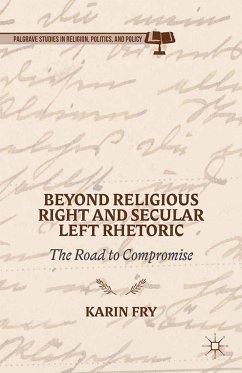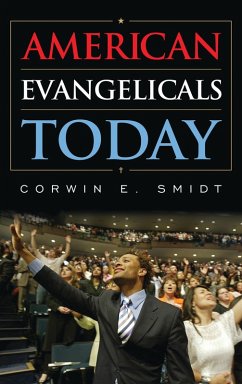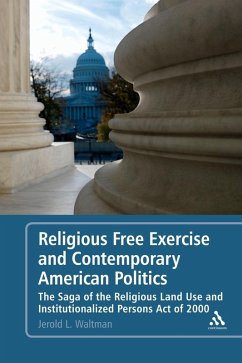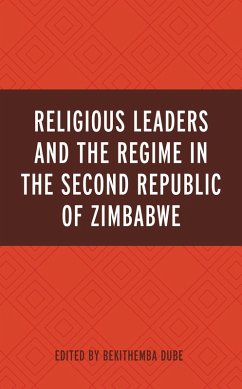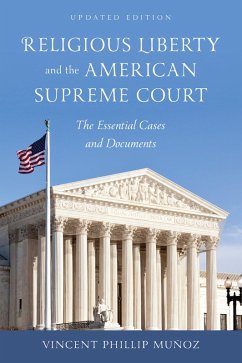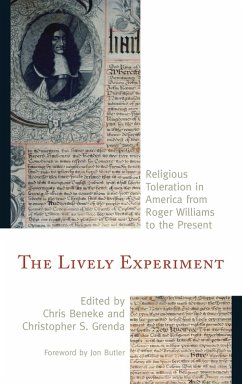
American Religious Democracy (eBook, PDF)
Coming to Terms with the End of Secular Politics
Versandkostenfrei!
Sofort per Download lieferbar
58,95 €
inkl. MwSt.
Weitere Ausgaben:

PAYBACK Punkte
29 °P sammeln!
The most significant, public religious issue confronting America today is the relationship between Church and State. Secular opinion holds that the rise of religion in the public square is a threat to our democracy that must be resisted. American Religious Democracy argues that this position, although understandable, is misguided. American political life after the 2004 Presidential election is best understood as a religious democracy, though not of a fundamentalist variety. This book explains the decline of secular democracy, describes some of the legal, political and religious implications of...
The most significant, public religious issue confronting America today is the relationship between Church and State. Secular opinion holds that the rise of religion in the public square is a threat to our democracy that must be resisted. American Religious Democracy argues that this position, although understandable, is misguided. American political life after the 2004 Presidential election is best understood as a religious democracy, though not of a fundamentalist variety. This book explains the decline of secular democracy, describes some of the legal, political and religious implications of this new religious democracy and, finally, invites secular voters to participate in religious democracy. The 2004 election clearly showed that a substantial number of voters in America now vote the way they do for what they consider to be religious reasons and that, as a result of their voting, government policy is changing to reflect their religious commitments. The result has been the creation of a religious democracy. However,taking part in a religious democracy, for Americans especially, requires a new understanding of what religion means in a public and political sense. Ledewitz takes a reasoned, yet lively approach to the subject, promoting a a new understanding of what religious democracy is and how secularists can and should participate. Looking at the Constitution, the current nature of politics and religion, and public attitudes toward capitalism, the environment, technology, women's rights, and international relations, the author is able to construct a clearer picture of the religious and political landscape in America today.








